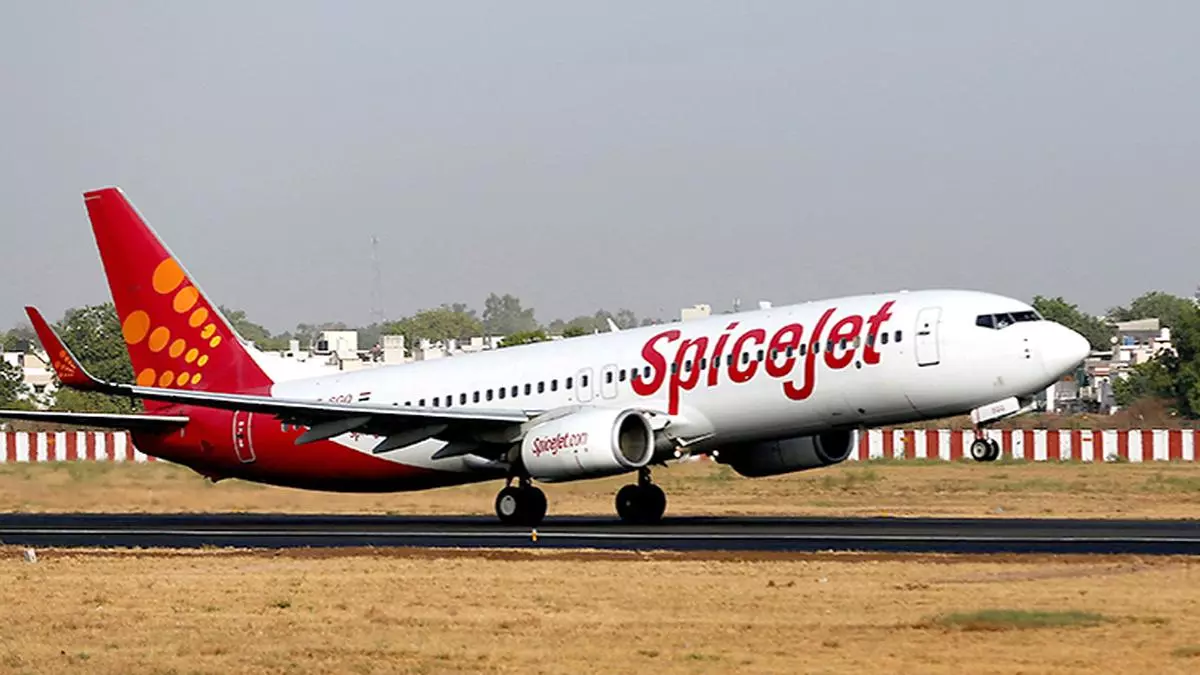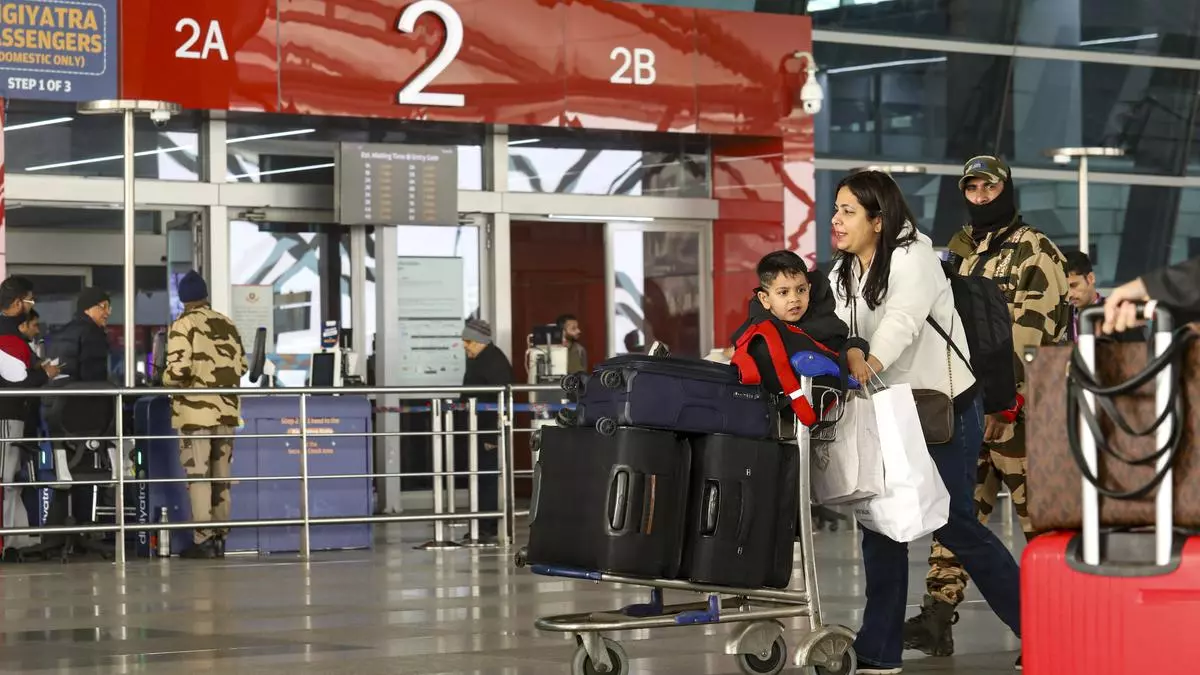
As we continue to navigate through the challenges of a rapidly changing world, one of the most powerful tools in safeguarding public health is undeniably vaccination.
In the Philippines, the importance of vaccination has never been more evident, particularly with the ongoing efforts led by the Department of Health (DoH) and the Department of Education (DepEd) to immunize Filipino students through programs such as the routine and catch-up immunization and the “Bakuna Eskwela” campaign. These initiatives not only aim to protect our children from preventable diseases but also reflect a larger, long-term investment in the health and well-being of the people.
Vaccines have always been one of the most effective public health interventions available. They have helped eradicate deadly diseases like smallpox, significantly reduced the incidence of polio, and have proven indispensable in the fight against the COVID-19 pandemic.
In the Philippines, routine vaccination programs have saved countless lives by preventing outbreaks of diseases such as measles, diphtheria, and tetanus. Yet, despite the proven success of vaccination, there remains an ongoing battle to ensure that everyone has access to life-saving vaccines.
One of the pressing concerns is ensuring that immunization programs continue to cover the full spectrum of vaccine-preventable diseases (VPDs). The biopharmaceutical industry, through the Pharmaceutical and Healthcare Association of the Philippines (PHAP), has been an advocate for not only maintaining but expanding vaccination coverage to include new diseases. For instance, vaccines for diseases like dengue, shingles, respiratory syncytial virus (RSV), and human papillomavirus (HPV) are important steps forward.
The use of data systems to identify gaps in coverage, particularly in remote areas, will help ensure that immunization rates stay high, reducing the risk of outbreaks. It is also essential that we continue to assess and incorporate new vaccines into our national immunization schedule, especially as new health threats emerge.
To be truly effective, our vaccination programs need to evolve with the times. The COVID-19 pandemic has taught us many lessons, including the critical role of technology in healthcare delivery. As we continue to combat old and emerging diseases, it’s imperative that we modernize our immunization infrastructure. Digital technologies can improve vaccine distribution, streamline scheduling, and enhance the tracking of vaccine coverage, ensuring that no one is left behind. Real-time monitoring and transparent reporting will not only optimize program delivery but will also build public trust — something that is more important than ever in an age where misinformation spreads rapidly.
While the government plays a crucial role in the design and implementation of these programs, the private sector is one of the crucial partners in the fight against preventable diseases. The rapid development of COVID-19 vaccines demonstrated the commitment and capabilities of the biopharmaceutical sector. Collaborations between the government, healthcare providers, and pharmaceutical companies helped bring vaccines to the Filipino people in record time. Moving forward, we must continue to foster these public-private partnerships to ensure that vaccines for other diseases are made available for the people.
It is also worth noting that the development of new vaccines for emerging diseases, such as respiratory illnesses and newer strains of viruses, requires substantial investment and research. The government, together with the private sector, must prioritize funding for vaccine research and development to ensure that we are not caught off-guard by future health crises.
While vaccination is undoubtedly one of the most cost-effective health interventions, it will only succeed if the public trusts it. Vaccine hesitancy, fueled by misinformation and fear, remains a significant hurdle to achieving widespread immunization coverage in the Philippines. Combatting this requires continued public education campaign that informs the public of the safety and benefits of vaccines as being done now by the DoH and local government units.
The government has made significant strides in recent years to improve immunization coverage, but the work is far from over. As the global health landscape continues to evolve, we must remain vigilant, proactive, and united in our efforts to protect the most vulnerable members of society: our children, the elderly, and those with underlying health conditions. Vaccination is not just about protecting individuals; it’s about creating a healthier, more resilient society.
Through sustained investments in immunization programs, modernization of health systems, and the strengthening of public-private partnerships, the Philippines can not only protect its population from current health threats but also build a strong foundation for emerging health threats. The COVID-19 pandemic has shown us that no one is truly secure until all of the people are protected.
Teodoro B. Padilla is the executive director of Pharmaceutical and Healthcare Association of the Philippines which represents the biopharmaceutical medicines and vaccines industry in the country. Its members are in the forefront of research and development efforts for COVID-19 and other diseases that affect Filipinos.









Leave a Comment